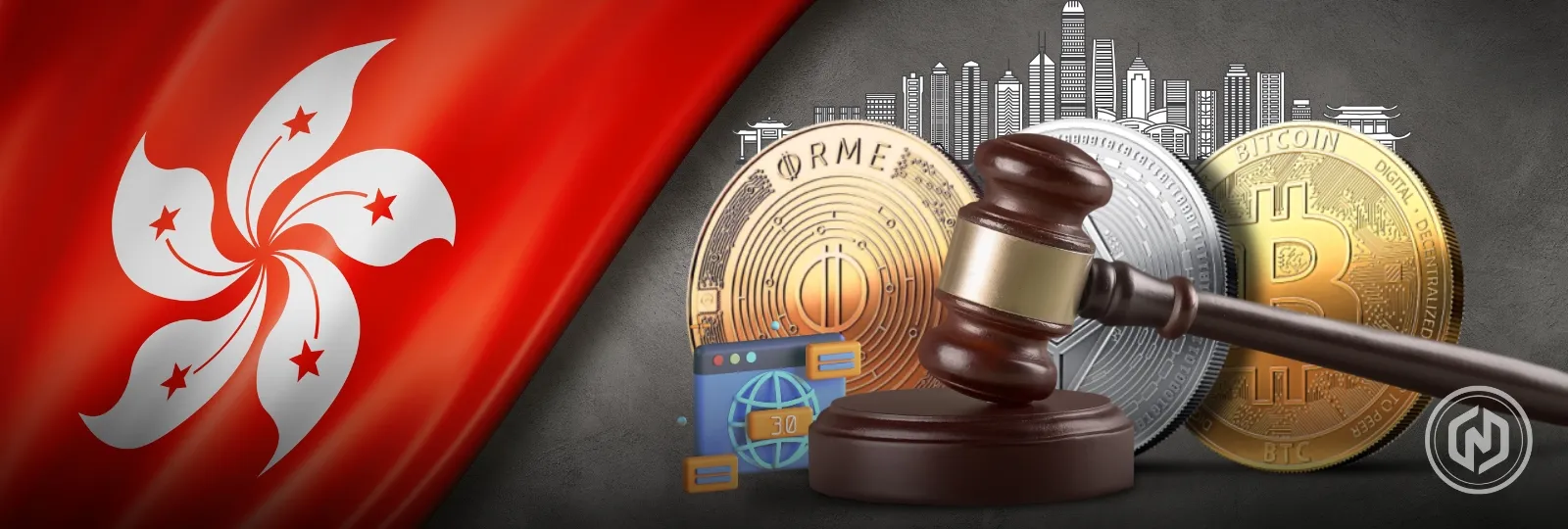- Hong Kong launches stablecoin rules, boosting Web3 regulatory clarity.
- Tokenization expands to bonds, gold, and green assets sector-wide.
- LEAP framework fosters innovation through legal, talent, and ecosystem support.
Hong Kong has rolled out its updated digital asset strategy with the release of Policy Statement 2.0 on June 26. The new roadmap puts an emphasis on stablecoin regulation, real-world asset (RWA) tokenization and developing a healthy digital ecosystem. It is an extension of the original policy announced in 2022 that can help turn Tokyo into a global centre of fintech and crypto innovation.
Hong Kong Introduces LEAP Framework for Crypto Regulation
The core of this new strategy has been LEAP framework, in which LEAP signifies Legal Clarity, Ecosystem Expansion, Application Advancement, and People Development. The framework sets up steps to tighten regulations in the industry, promote the adoption, and spur sustainable growth in the digital finance sector.
One of the main parts of the initiative is a licensing regime that will be introduced in relation to the stablecoin issuers that will come into force on August 1. Legal reforms will also be guided by the framework to facilitate the tokenization of financial assets including bonds, gold, and green assets.
Stablecoin Oversight and RWA Expansion in Hong Kong
Within the LEAP regime, digital asset dealers and custodians shall be subject to Securities and Futures Commission (SFC) licensing. At the same time, the Financial Services and the Treasury Bureau (FSTB) and the Hong Kong Monetary Authority will guide the legal reviews in order to allow the increased use of tokenized instruments.
The government wants to ramp up the adoption of stablecoins by encouraging sensible uses of the coins in payment and financial services. Policymakers are also working out bills to grant tax benefits to profits earned through blockchain and extension of regulatory clarity to tokenized exchange-traded funds (ETFs).
Hong Kong will implement tokenization of government bonds in a move to make tokenization more mainstream and develop into other categories, such as renewable energy and precious metals. These endeavors are to enhance liquidity, transparency, and diversification of financial services within the conventional treasuries with the assistance of blockchain technology.
Talent Development and Industry Partnership
Beyond regulatory enhancements, the policy emphasizes industry collaboration and talent development. Authorities intend to collaborate with universities and industry leaders to create research and education programs tailored to digital finance.
By fostering innovation and providing legal certainty, Hong Kong seeks to create a more inclusive and dynamic digital finance environment. Partnerships between public institutions and private entities will also support infrastructure development for the expanding asset tokenization market.
Financial Secretary Paul Chan called the Policy Statement 2.0 a realistic and progressive step forward. He noted it would help diversify use cases, stimulate economic benefits, and reinforce Hong Kong’s reputation as a global financial center.
Read More: South Korea’s Leading Banks Unite for Korean Won Stablecoin


